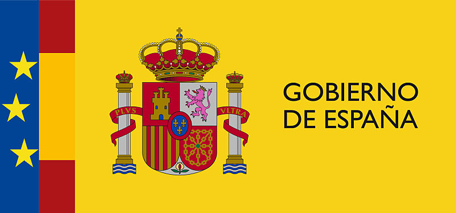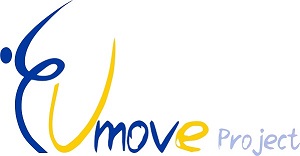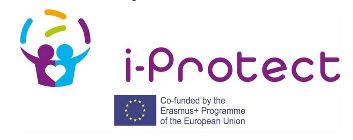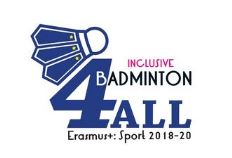The actions in collaborative partnership offer the opportunity to develop, transfer and innovative practices in different areas related to sport and physical activity among various organizations and actors, both within and outside of sport.
It is innovative projects with the aim of:
- Combating doping at the grass-roots level, especially in environments of sport free time and the “ fitness ”;
- Support the prevention and raise awareness among actors involved in the fight against the rigging of sports competitions;
- Support prevention educational action and innovative approaches to address violence, racism and intolerance in sport;
- Support the implementation of the policy documents of the eu, such as recommendations, guidelines, strategies, policies, etc. (for example the guidelines of physical activity in the Eu, the guidelines on Dual Careers by athletes from the eu, the principles of good governance in sport, etc.).
All this with particular focus on sport.
The actions of european sporting events, non-profit involve the allocation of eu subsidies for individual organizations for the preparation, organization of and follow-up to an event finished
These actions support:
- Implementation in the area of sport, of the strategies of the eu in the areas of social inclusion and equality of opportunity, particularly the gender equality strategy of the eu and the strategy of disability of the eu;
- The implementation of the guidelines of physical activity in the eu, to promote the participation in sport and physical activity;
- The organization of the european week of sport.
Equally with particular focus on sport.
Through the calls of the Erasmus + Sport are implemented:
- Collaborative action in Partnership.
- Eventos Deportivos Sin ánimo de Lucro.
It is hoped that these actions to promote development, transfer and/or the implementation of innovative practices at european and national level, but also regional and local levels, and which contribute to the development of the european dimension of sport.
The actions in collaborative partnership offer the opportunity to develop, transfer and innovative practices in different areas related to sport and physical activity among various organizations and actors, both within and outside of sport. It is innovative projects with the aim of:
- Combating doping at the grass-roots level, especially in environments of sport free time and the “ fitness ”;
- Support the prevention and raise awareness among actors involved in the fight against the rigging of sports competitions;
- Support prevention educational action and innovative approaches to address violence, racism and intolerance in sport;
- Support the implementation of the policy documents of the eu, such as recommendations, guidelines, strategies, policies, etc. (for example the guidelines of physical activity in the Eu, the guidelines on Dual Careers by athletes from the eu, the principles of good governance in sport, etc.).
The actions of european sporting events, non-profit involve the allocation of eu subsidies for individual organizations for the preparation, organization of and follow-up to an event finished.
These actions support:
- Implementation in the area of sport, of the strategies of the eu in the areas of social inclusion and equality of opportunity, particularly the gender equality strategy of the eu and the strategy of disability of the eu;
- The implementation of the guidelines of physical activity in the eu, to promote the participation in sport and physical activity;
- The organization of the european week of sport.





